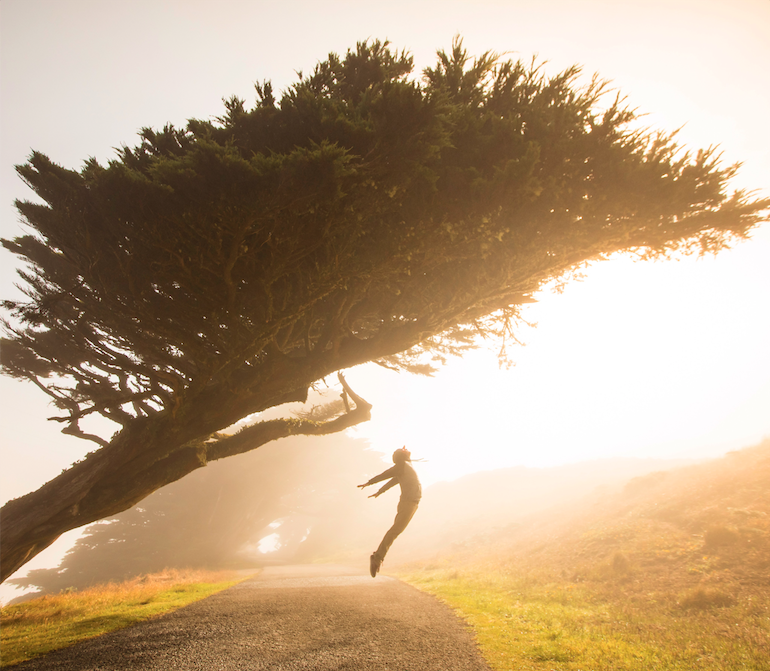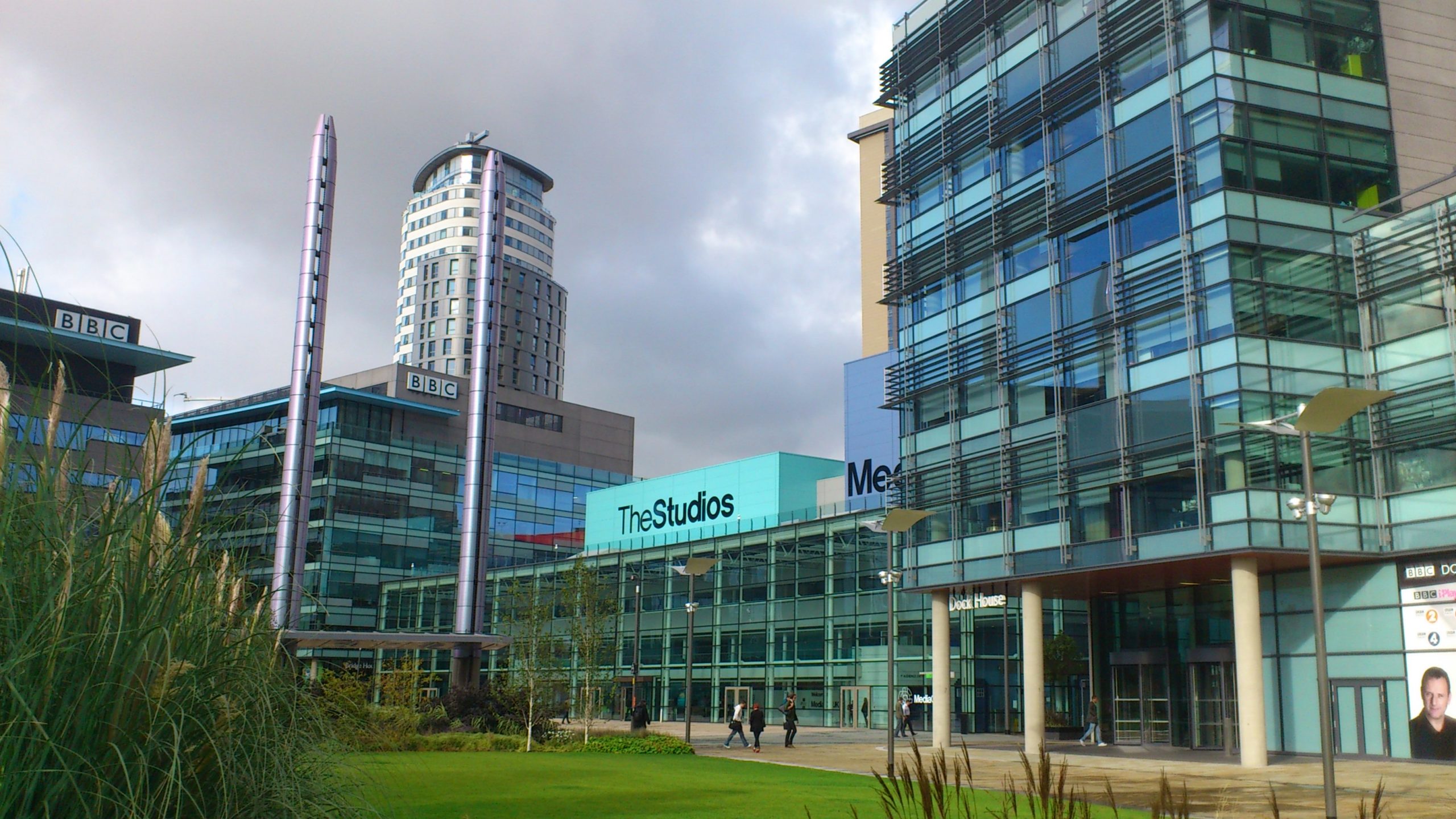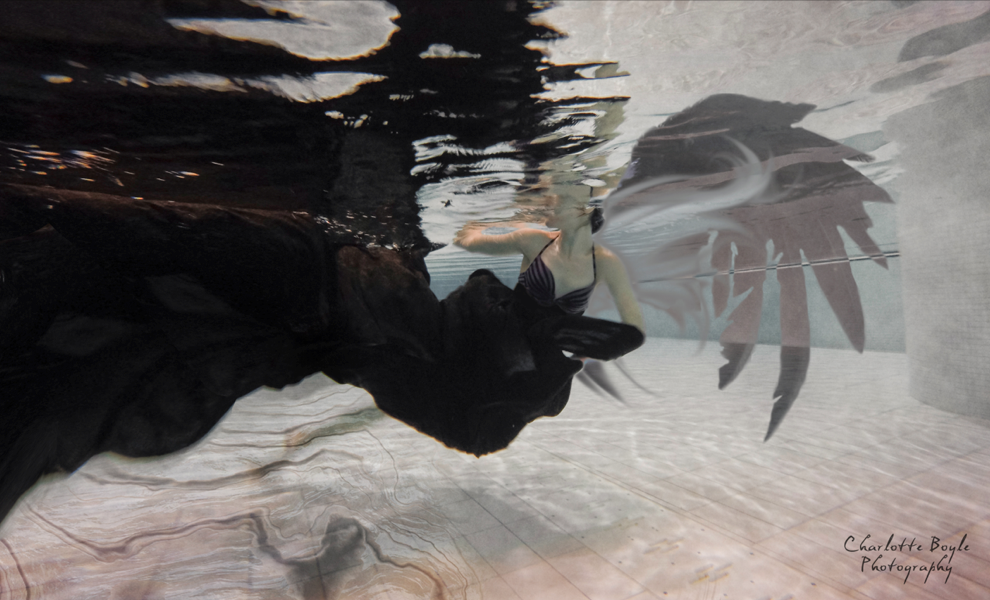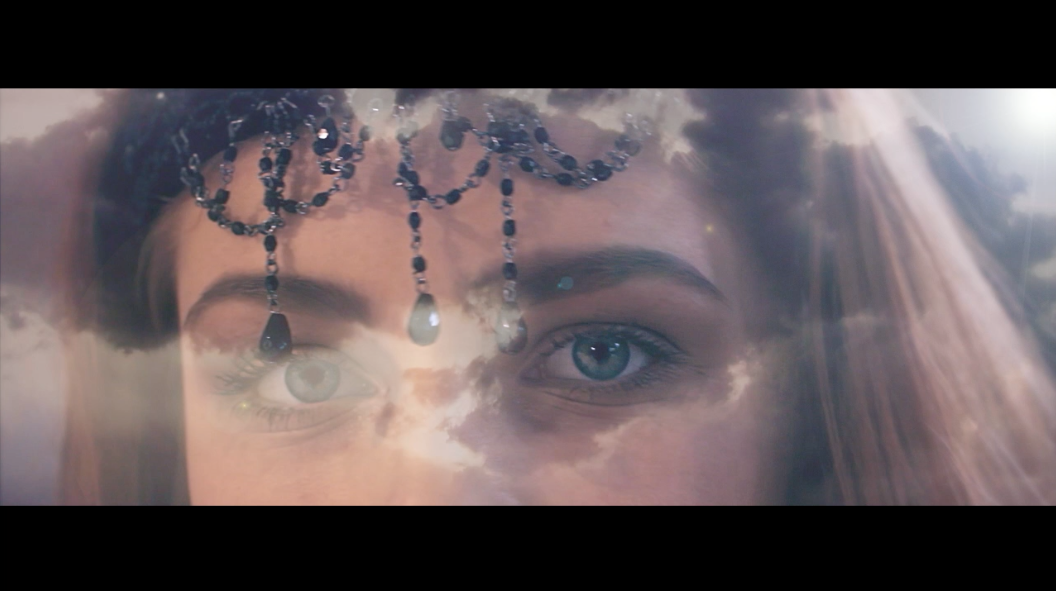WE NEED DAYLIGHT TO KEEP US SANE.
Sunlight is known to trigger release of serotonin, the body’s natural happy hormone, which boosts Vitamin D levels and improves both physical and mental health. However, in recent years, the human body’s circadian rhythm, aka the mechanism that governs our sleep-wake cycles, has increasingly come to be understood as fundamental to our effective functioning.[1]Animals and plants, it turns out, are programmed at a molecular level around a daily cycle delineated by the passage of the sun[2]. Our evolution is rooted in response to our environment, and that environment is one in which the rotation of the earth forms a primary force.
OUR CIRCADIAN RHYTHMS ARE TRIGGERED BY THE COLOUR TEMPERATURE OF THE DAYLIGHT AROUND US.[3]
Our bodies are literally hardwired to respond to these hues. When the sun is highest in the sky, the way light is filtered through the earth’s atmosphere means only the bluer waves lengths remain and, as diurnal creatures, our brains have evolved to be alert to this. By contrast, the warmer yellow light of a rising or setting sun triggers a more relaxed state in preparation for sleep. Disrupt this by removing all windows, or introducing poor natural and/or artificial lighting, and the body is not getting the information it needs to self regulate or function optimally. Humans are pretty good at adapting but, over time, it all adds up.[4]
In homo sapiens, the profound effects of tiredness and body clock disruption can include impairment of memory and cognitive ability, as well as increased risk of things such as cancer and heart disease if that disruption continues over the long term. Our consciousness relies on notions of time, past, future and memory. Without those building blocks, we cannot conceptualise our own identity effectively, let alone function at our optimum capacity for the everyday things. Anyone who’s experienced severe jetlag will know how debilitating it is. Tiredness decreases empathy, resilience, and productivity. Lack of sleep is an acknowledged torture technique. The list goes on.
And yet our homes, our cities, and working environment are often horribly in conflict with this basic cycle of existence. Modern intensifying patterns of work hours compromise more and more of our waking time, so it’s vital that our home spaces are adequately geared towards looking after us. Rather than adding to the problem.
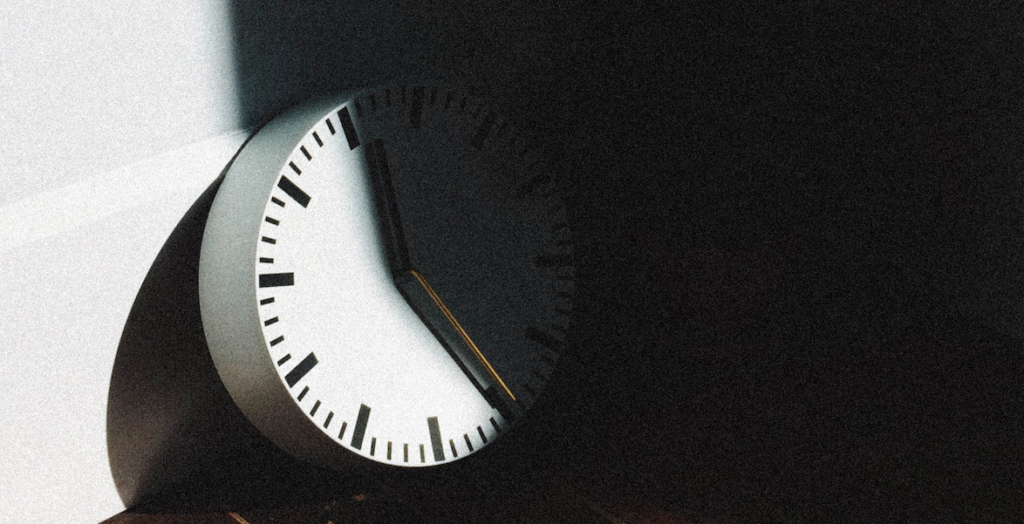
WHY AREN’T WE TALKING ABOUT THIS MORE?
Architects frequently reference being conscious of where the light is and even ‘borrowing’ it across rooms. However, less discussion currently occurs around something more fundamental, the basic orientation of a house.
Before we even get to colour palettes, particular design styles and the more cosmetic aspects of interior design, what kind of light, e.g. dawn, dusk, daylight, is received by the inhabitants, relative to the designated function of the available rooms, is key to living experience. When you walk into a home that ticks all those subconscious needs, it feels right, even if you don’t quite know why. The spaces flow together. Inhabiting it is effortless.
Thanks to the rise of green technologies and an interest in passive solar heating, building orientation has recently emerged as a topic of discussion, but the dimension of health and human biochemistry remains disappointingly absent, the dots unconnected. As such, data samples which merge the well-documented impacts of sunlight with research on residential /domestic dwelling are still relatively few and far between. This, I suspect, will not remain the case for much longer.
There have been an increasing number of calls to look into the effects modern living is having on our body clock as a serious matter of public health.
SO, WITH THIS IN MIND, WHAT CAN WE DO TO MAKE SURE OUR LIVING SPACES ARE HEALTHIER FOR US?
The UK has a nothern temperate climate. So, ideally, the key functional and social hubs, i.e. the living room and/or kitchen diner, will be orientated to experience the aspect that offers the greatest duration of sunlight through the majority of day. The variation in occupation times, particularly between week days and weekends, requires these areas to be sunlit for the widest possible span. This means south facing spaces and decent sized windows.
Equally, dark ‘cold’ west facing bedrooms and bathrooms do nothing to help us get up in the morning. If you’ve ever experienced that feeling of sitting around, not being productive and then suddenly the sun comes out and abruptly you’re energised and ready to go for a walk, clean the house, do all the jobs etc, you’ll know what I mean. East to south-easterly bedrooms that get morning sun will help with easier waking and be darker, and more restful, during the evening, nudging us towards sleep.
Engineering these kind of nudges isn’t a guarantee. They increase the probability that a certain outcome, like more positive psychological state or better sleep, will occur, but the cumulative effect can have fascinating results.
NOT EVERYONE HAS THE LUXURY OF CHOOSING OR REARRANGING TO AN IDEAL LAYOUT, SO NOW WHAT?
In my next scribble, I’ll list some practical ideas to help optimise spaces.
Photo by Stephen Leonardi on Unsplash
[1] The work of US scientists, Jeffrey Hall, Michael Rosbash and Michael Young, on the molecular body clock was recently described as having “vast implications for our health and wellbeing”. Their findings were deemed of such importance that they were awarded the 2017 Nobel Prize for physiology and medicine. http://www.bbc.co.uk/news/health-41468229
[2] In humans, part of our DNA is specifically dedicated to creating a protein called PER, whose levels oscillate over a 24 hour cycle. http://www.bbc.co.uk/news/health-41468229
[3] Google daylight locus if you like a good geek out about biology and/or colour science.
[4] Recent scientific research has documented the increasing problem of bluish emission of computer screens and other electronic devices, checking emails before bed wakes the body up and makes quality sleep that much more difficult. http://www.digitaltrends.com/mobile/does-blue-light-ruin-sleep-we-ask-an-expert

